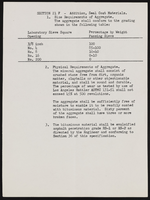Search the Special Collections and Archives Portal
Search Results
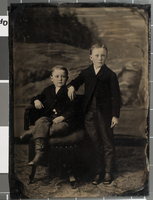
Tintype photograph of F. B. and J. E. Hubbard, circa 1800s
Date
1800 to 1899
Archival Collection
Description
F. B. and J. E. Hubbard as young boys.
Image
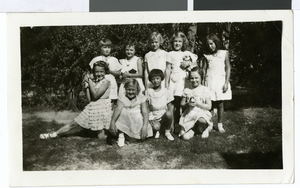
Photograph of Maurine Wilson's music students, circa 1920-1940s
Date
1920 to 1949
Archival Collection
Description
Group of Maurine Wilson's music students. Front: Jeannie Honrath, Martha Scott, Tamaka (?), (?), (?). Back: Phyllis Baker, Mary Griffith, Pete Gusewelle, Betty Baker, Frances Mikulich.
Image
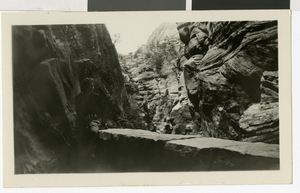
Photograph of Maurine Wilson, circa 1930-1940s
Date
1930 to 1949
Archival Collection
Description
Maurine Wilson sitting on a rock ledge.
Image
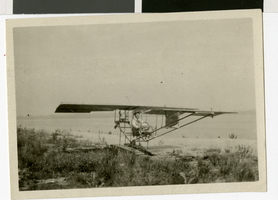
Photograph of Fred Wilson, circa 1920s
Date
1920 to 1929
Archival Collection
Description
Fred Wilson sitting in an airplane.
Image
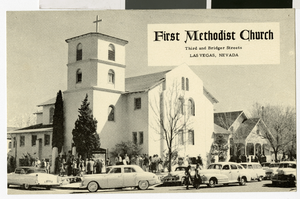
Postcard of First Methodist Church, Las Vegas, circa 1950s
Date
1950 to 1959
Archival Collection
Description
First Methodist Church at Third and Bridger Streets in Las Vegas, Nevada.
Image
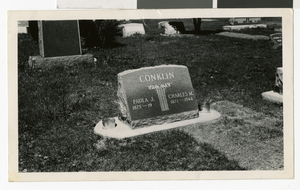
Photograph of a gravestone, circa mid 1940-1960s
Date
1940 to 1960
Archival Collection
Description
Gravestone of Maurine Wilson's uncle and his wife, Paula J. Conklin and Charles M. Conklin.
Image
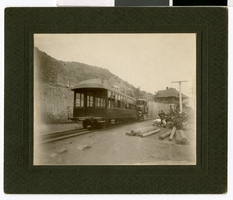
Photograph of a railroad car, circa ealry 1900s
Date
1900 to 1910
Archival Collection
Description
Railroad car.
Image
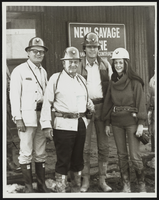
Howard Cannon with an unidentified group: photographic print
Date
1981-01
Archival Collection
Description
From the Howard Cannon Photograph Collection (PH-00192)
Image

Unidentified protestors outside of United States Department of Energy Building: photographic slide
Date
1979-05
Archival Collection
Description
From the Sister Klaryta Antoszewska Photograph Collection (PH-00352). The protest sign reads, "Hell no we won't glow"
Image
Pagination
Refine my results
Content Type
Creator or Contributor
Subject
Archival Collection
Digital Project
Resource Type
Year
Material Type
Place
Language
Records Classification

